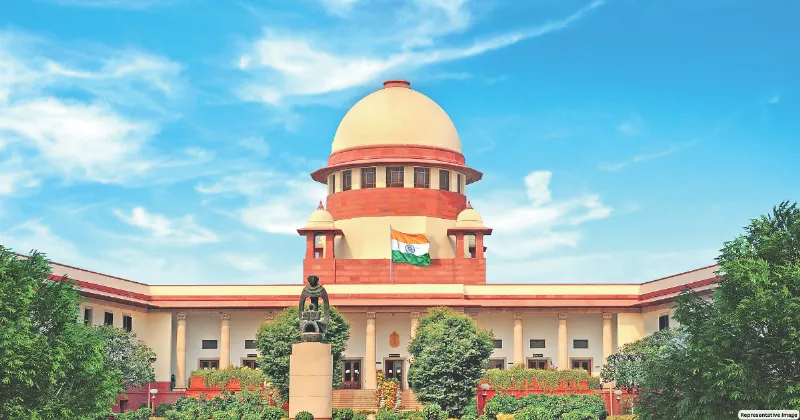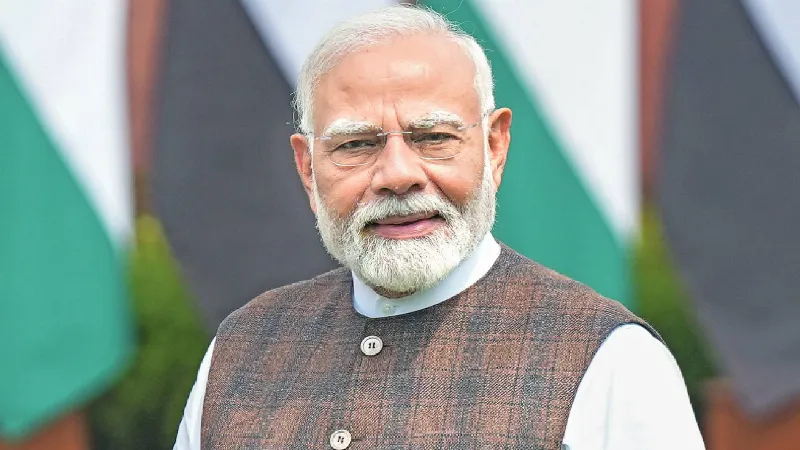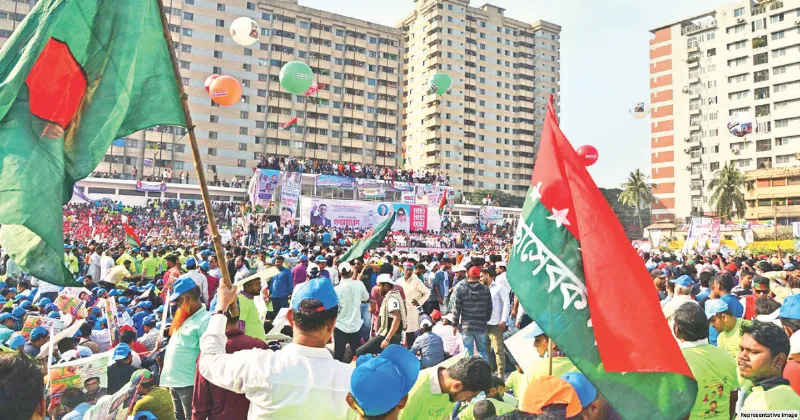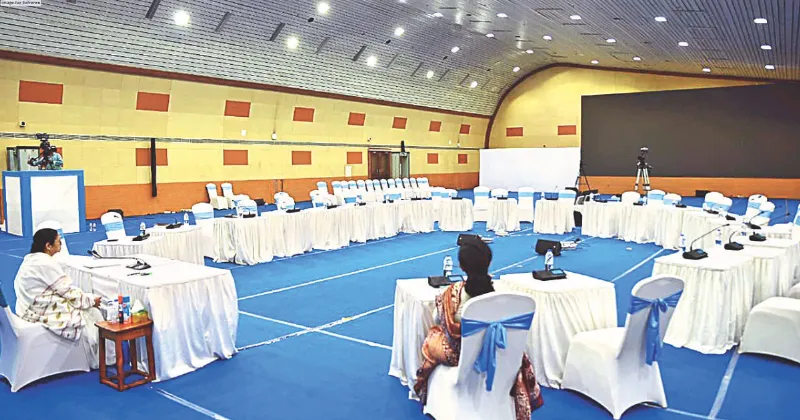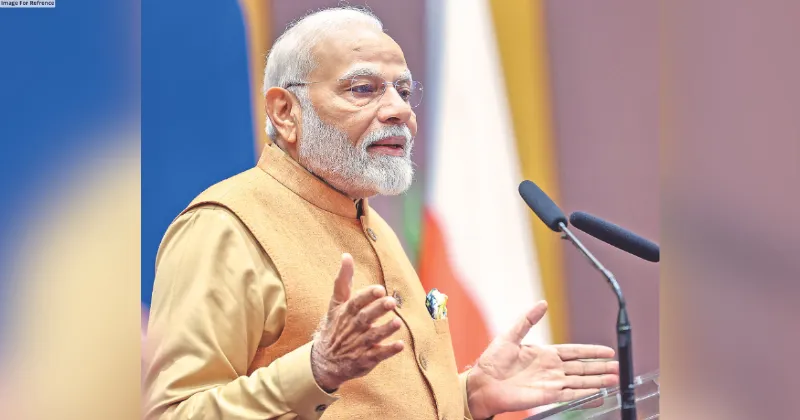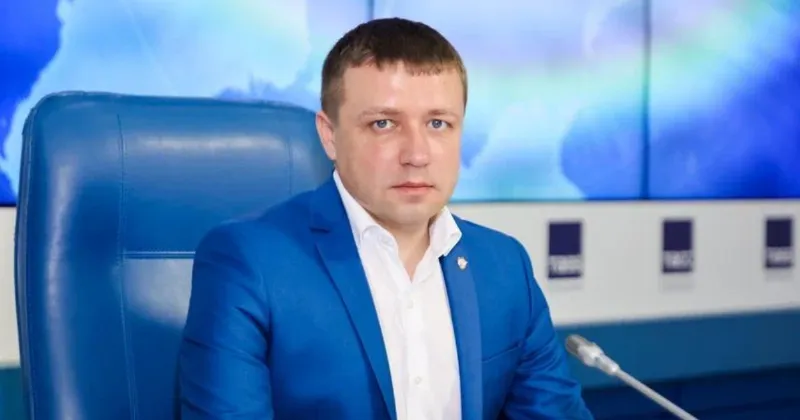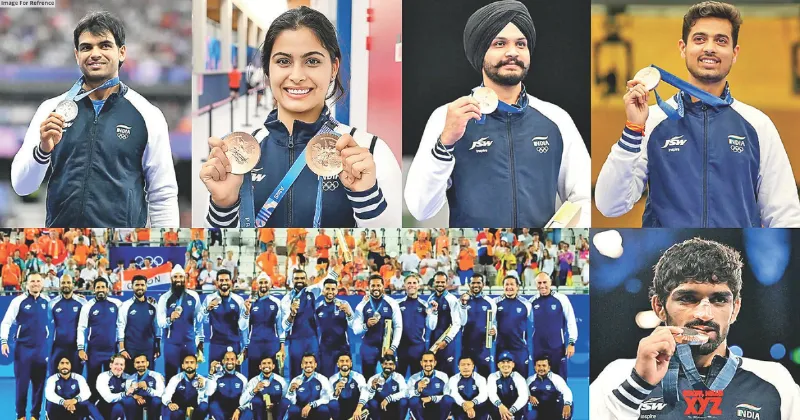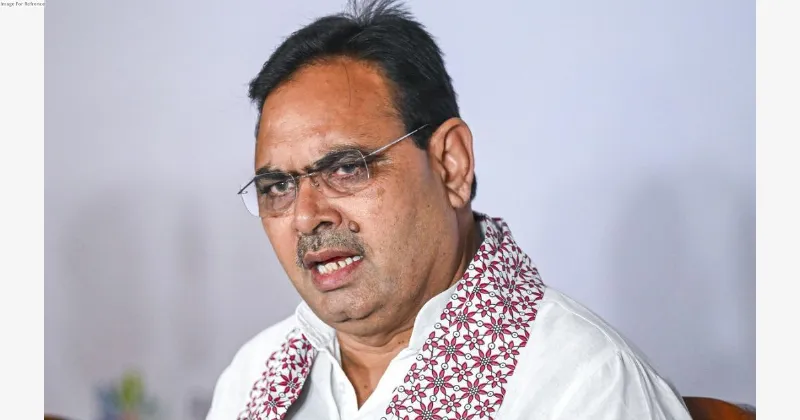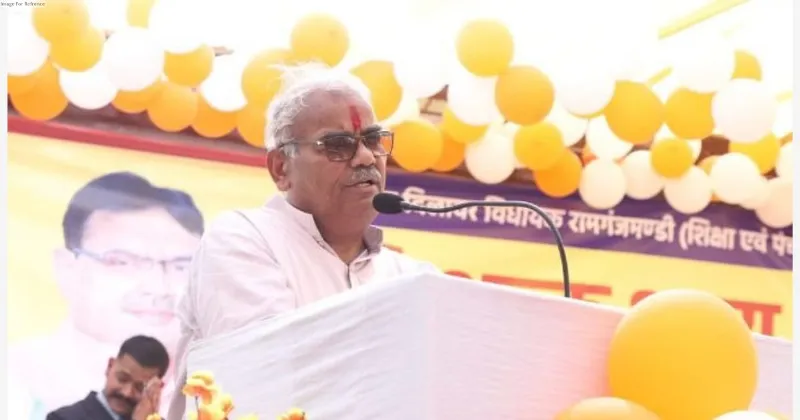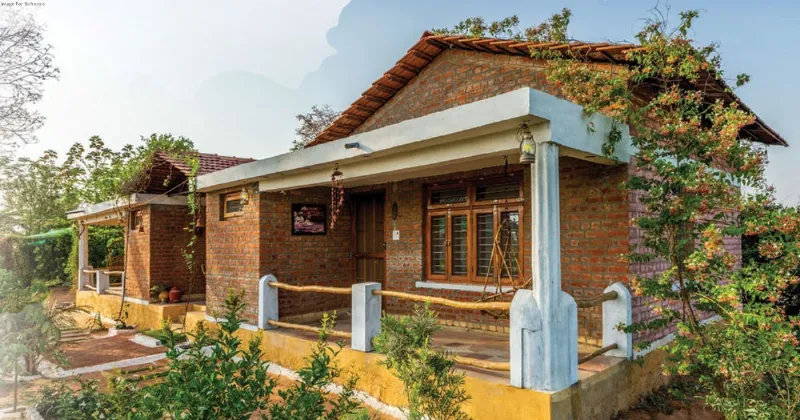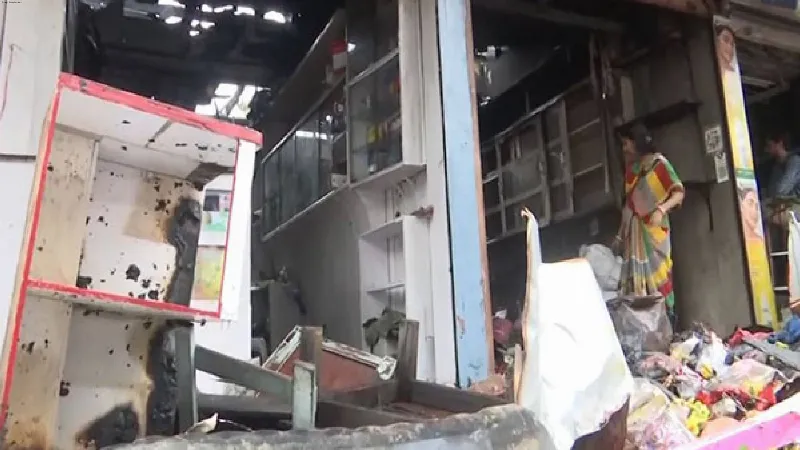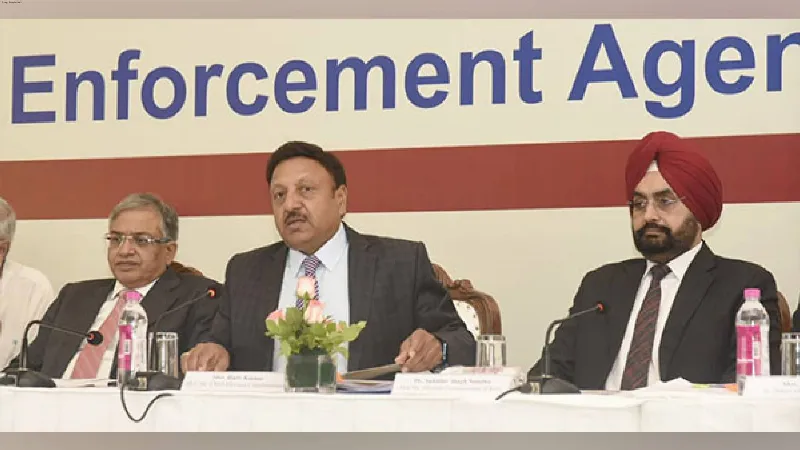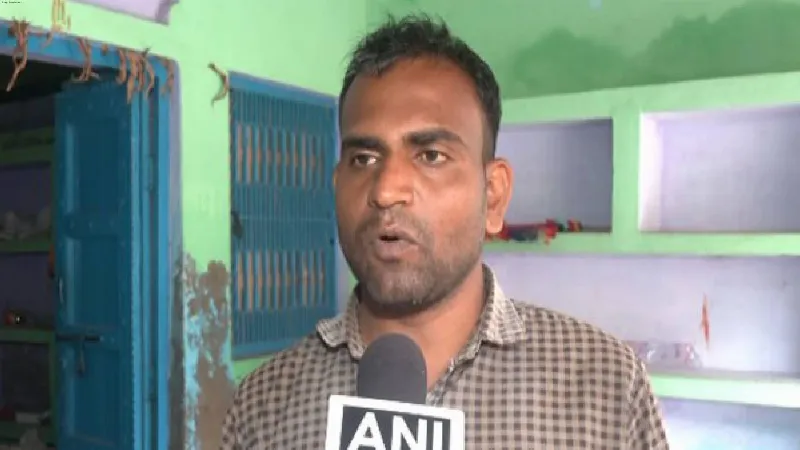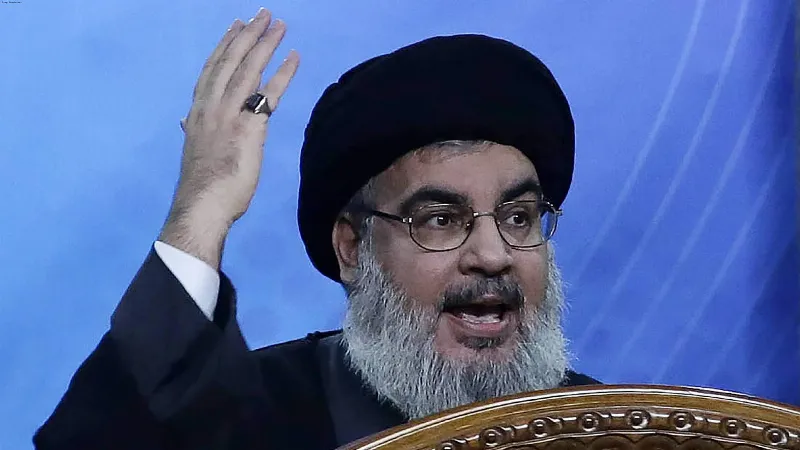Latest News
‘ECONOMICS IS NOT ONLY ABOUT WORLD TRADE, BUDGETS BUT ALSO ABOUT IMPACT ON FOOD, LIVELIHOOD’
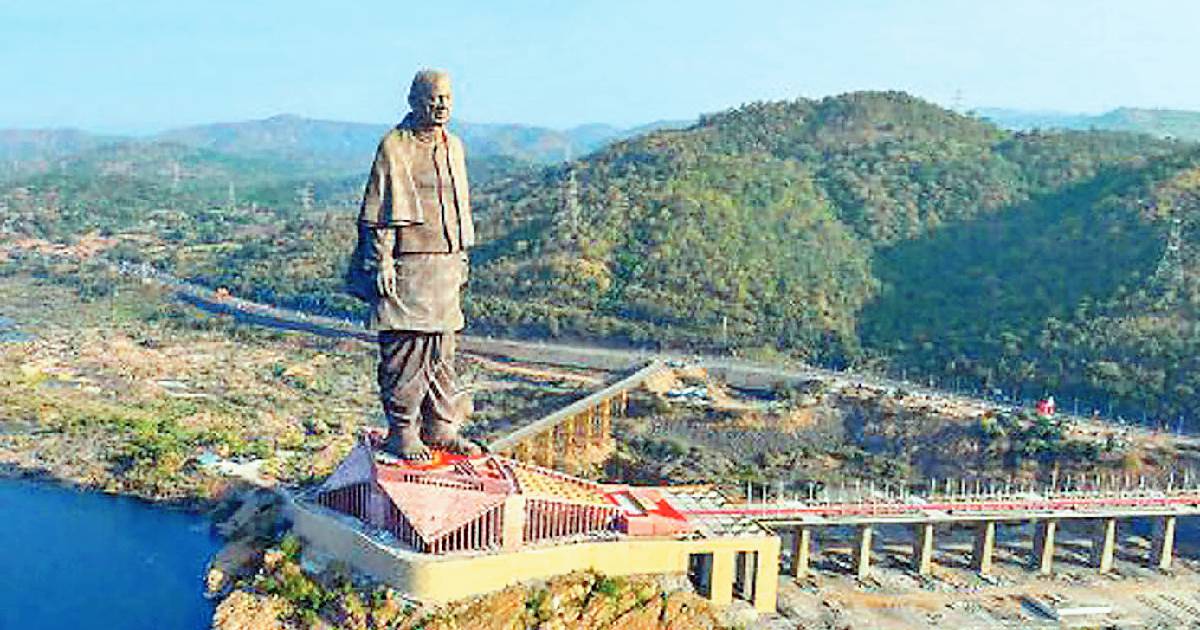
WORKING FOR A LARGER CAUSE
The message is clear: The individual academic brilliance of the individuals who constitute the civil services is the means to the much larger end of societal development.
As such, in addition to the academic inputs on law, economic policy, management, public administration, IT skills and languages, the major focus is on ‘working together’, ‘solving problems’, and looking at issues with multiple perspectives and lateral thinking.
Thus, economics is not only about world trade and budgets but also about the impact on food and livelihood security on rural economies.
History is not just about the achievements of heroes on whom stamps and first-day covers have been issued: It is also about sheroes and the freedom fighters who languished in the Cellular jail.
These are collaborative and group learning projects in which officers re-enact their stories, dig out local histories, oral narratives, and curate exhibitions.
The emphasis on the development of an ‘esprit de corps’ – a lifelong camaraderie- is fostered and strengthened through the Himalayan trek, the Village visit, the celebration of state, zonal and India Days, theatre and literature festivals.
EMBEDDING ‘AARAMBH’ AT SoU IN THE FC
However, from 2019, the highlight of the Foundation Course (FC) has been the Aarambh program, held at the Statue of Unity at Kevadia in Gujarat. in his review of the training of civil servants, the Prime Minister was not entirely pleased to learn that even though LBSNAA was the anchor institution for CSE training, officers were spread across three campuses – the other two being the MCHRDI at Hyderabad and the RCVP Noronha Academy of Administration at Bhopal.
He felt that ‘approach to training civil servants in three locations was reflective of the silobased mindset which must end immediately.’
It was decided that all civil servants of the 2019 batch should be trained together for at least four weeks, at the innovative module ‘Aarambh’ to make civil servants ‘future ready’.
From 2020, the FC is being held only at LBSNAA. While Aarambh for the 2020 batch was a virtual event on account of Covid, Aarambh for the 2021 was held at Kevadia on January 11 and 12.
Anchoring Aarambh at SoU was also symbolic of the connect which Sardar Patel had with the civil services.
Often called the ‘Bhishma Pitamah’ of the civil services on account of his defence of the civil services and insistence on Article 311, Aarambh is mean to coincide with his official birthday on 31st October, which is also celebrated as the Rashtriya Ekta Divas– to mark the integration of all the 562 princely states into India within the first eighteen months of India’s independence.
Not only did he get the Rulers of the princely states to sign the Instrument of Accession (which gave the Union only powers over defence, communications and foreign affairs), he coaxed, cajoled and took decisive action when required to get them to sign the Merger agreements through which the administration of the princely states was taken over in lieu of a privy purse.
Thus, the theme of ‘unity and integrity’ of India was an important leitmotif of Aarambh.
AARAMBH 2019: FROM INCREMENTAL TO EXPONENTIAL
Aarambh – literally ‘the beginning’ ‘was an event that dismantled the artificial barriers between technology, human resource and the environment’.
It was designed to be sync with a new and resurgent India: An India in technology had to be the driving force in all domains – from agriculture to health to school education and urban mobility.
In all the key sectors of economy, officers were expected to interact with global thought leaders, learn from global best practices, and delve into case studies from the leading management institutions and policy think tanks.
It was not just about incremental interventions in a particular field – it was to be the exponential game changer.
The Academy worked with the World bank team to curate a program that brought together the ‘best of the best’- from the World Bank President David Malpass addressing the officers on the need to balance a high growth trajectory with equity. ‘India has been a development success story.
This country cut extreme poverty in half within a generation and is transforming itself into one of the world’s fast-growing economies.
The goal of becoming a $5 trillion economy by 2025 is both worthy, and achievable with strong economic reforms. to stay in the forefront, India’s civil service needs to shift from a focus on enforcing compliance to finding ways to ensure high-quality services and regulation.’
He went on to add ‘you will need skills in communications and negotiations, and to work across units and ministerial boundaries to address the complex challenges that you will face in your careers.’
THE VIEWS EXPRESSED BY THE AUTHOR ARE PERSONAL





